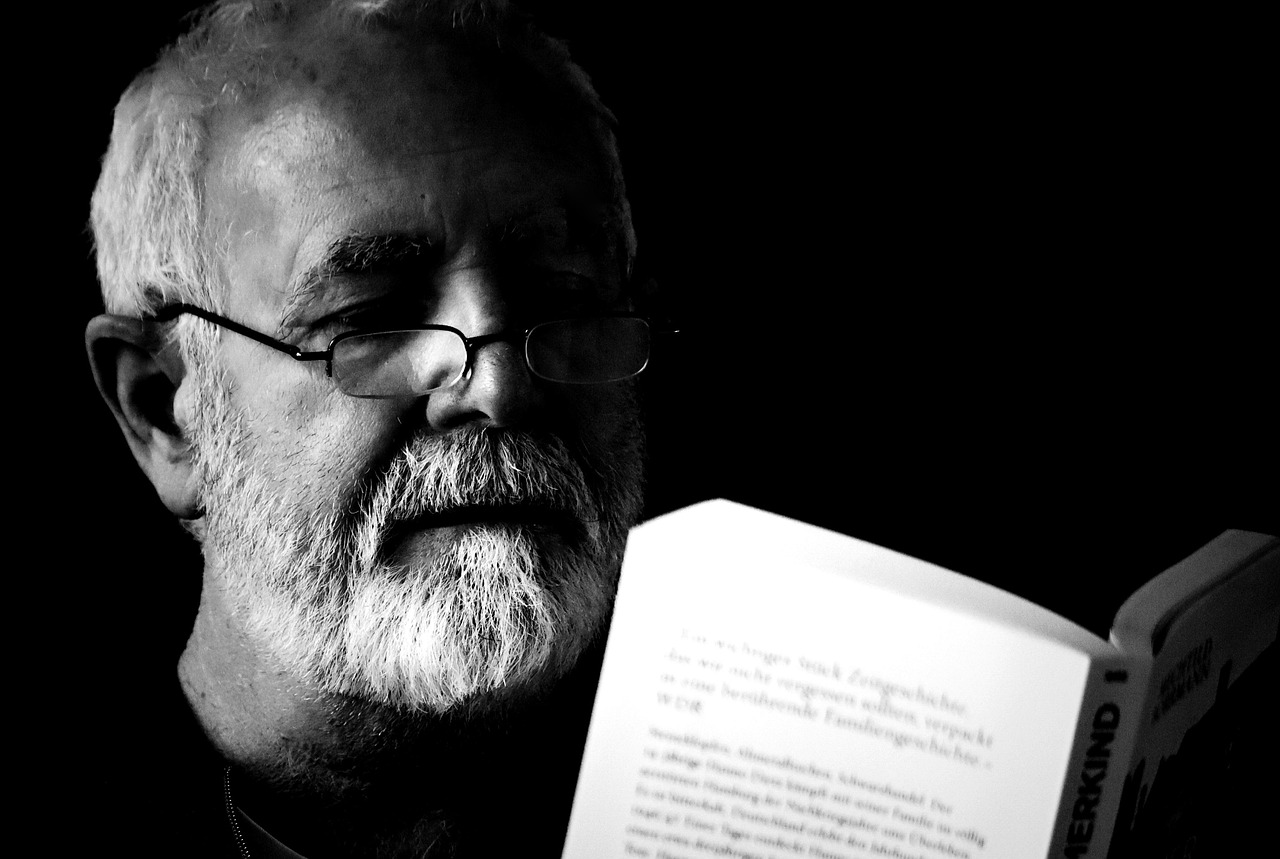Drama. The very word conjures images of intense emotions, captivating narratives, and unforgettable characters. But drama is more than just heightened emotion or conflict; it’s a powerful art form that reflects, explores, and critiques the human condition. From ancient Greek tragedies to modern-day streaming series, drama offers a unique lens through which to examine our world, challenge our beliefs, and connect with one another on a deeper level. In this post, we’ll delve into the multifaceted world of drama, exploring its history, diverse forms, benefits, and practical applications.
The Historical Roots of Drama
Ancient Greece: The Birthplace of Western Drama
Drama as we know it has its roots in ancient Greece, specifically in the religious festivals dedicated to Dionysus, the god of wine and fertility. These festivals evolved into theatrical performances, initially featuring choral odes and eventually leading to the emergence of individual actors and complex narratives.
- Tragedy: The tragedies of Aeschylus, Sophocles, and Euripides explored profound themes of fate, justice, and suffering. Think of Sophocles’ Oedipus Rex, a classic example of dramatic irony and the inevitable downfall of a flawed hero.
- Comedy: Comedy emerged alongside tragedy, offering a lighter, often satirical perspective on societal issues. Aristophanes’ comedies, such as Lysistrata, were known for their sharp wit and political commentary.
- The Chorus: The chorus played a vital role in Greek drama, providing commentary, representing public opinion, and enhancing the emotional impact of the story.
The Evolution of Drama Through the Ages
Following the Greeks, the Romans developed their own dramatic traditions, adapting and expanding upon Greek forms. Drama then experienced a resurgence during the Renaissance, with playwrights like William Shakespeare pushing the boundaries of language and storytelling.
- Shakespearean Drama: Shakespeare’s plays, such as Hamlet, Macbeth, and Romeo and Juliet, remain cornerstones of dramatic literature, celebrated for their complex characters, poetic language, and timeless themes.
- Modern Drama: The 19th and 20th centuries saw the rise of realism, naturalism, and various experimental forms of drama, reflecting the changing social and political landscape. Playwrights like Henrik Ibsen, Anton Chekhov, and Arthur Miller challenged traditional conventions and explored complex psychological and social issues.
Diverse Forms of Drama
Theatre: Live Performance and Immersive Experiences
Theatre encompasses a wide range of live performance styles, from traditional plays to experimental and immersive experiences. The impact of live theatre lies in its immediacy and the unique connection between performers and audience.
- Traditional Plays: These are often staged in formal theatre settings, with actors performing on a proscenium arch stage or in the round.
- Musical Theatre: Combines acting, singing, and dancing to tell a story, often incorporating elaborate sets and costumes. Examples include Hamilton, Wicked, and Les Misérables.
- Immersive Theatre: Blurs the lines between audience and performer, creating interactive and participatory experiences. Punchdrunk’s Sleep No More is a prime example.
Film: Visual Storytelling and Cinematic Techniques
Film offers a visual and cinematic approach to dramatic storytelling, utilizing a range of techniques to create immersive and emotionally resonant experiences.
- Narrative Films: These tell fictional stories through dialogue, action, and visual imagery. Examples span genres from thrillers like Parasite to romances like Casablanca.
- Documentary Films: Explore real-life events and issues, often using dramatic techniques to engage viewers.
- Animated Films: Utilize animation to create fantastical worlds and characters, often conveying complex themes and emotions. Pixar films like Up and Inside Out are notable examples.
Television: Serialized Storytelling and Character Development
Television provides a platform for serialized storytelling, allowing for in-depth character development and exploration of complex themes over multiple episodes and seasons.
- Dramatic Series: These often focus on realistic characters and complex plotlines, exploring social and personal issues. Examples include The Sopranos, Breaking Bad, and The Crown.
- Sitcoms: Utilize humor and relatable situations to create entertaining and engaging narratives. Think of classics like Friends and Seinfeld, and newer hits like The Office.
- Miniseries: Offer self-contained stories told over a limited number of episodes, often based on historical events or novels.
The Benefits of Engaging with Drama
Emotional Intelligence and Empathy
Engaging with drama, whether as a performer or audience member, can significantly enhance emotional intelligence and empathy. By immersing ourselves in the experiences of characters from diverse backgrounds and situations, we develop a deeper understanding of human emotions and motivations.
- Perspective-Taking: Drama encourages us to see the world from different points of view, fostering empathy and tolerance.
- Emotional Regulation: Acting allows individuals to explore and express a wide range of emotions in a safe and controlled environment.
- Social Awareness: By exploring social issues through drama, we become more aware of the challenges and perspectives of others.
Communication and Collaboration Skills
Participating in dramatic activities cultivates essential communication and collaboration skills, crucial for success in various aspects of life.
- Active Listening: Drama requires attentive listening and responsiveness to others.
- Verbal and Nonverbal Communication: Actors learn to effectively communicate through dialogue, body language, and facial expressions.
- Teamwork: Theatre production relies heavily on collaboration, teaching individuals to work together towards a common goal.
Creativity and Critical Thinking
Drama stimulates creativity and critical thinking by encouraging individuals to explore new ideas, solve problems, and interpret texts in innovative ways.
- Improvisation: Improvisational exercises foster spontaneity and quick thinking.
- Textual Analysis: Studying dramatic texts enhances critical thinking and analytical skills.
- Problem-Solving: Drama productions often require creative problem-solving to overcome challenges in staging, design, and performance.
Practical Applications of Drama
Education: Drama in the Classroom
Drama has proven benefits in education, enriching the learning experience and enhancing students’ understanding of various subjects.
- Role-Playing: Helps students understand historical events and social issues from different perspectives.
- Creative Writing: Encourages students to develop their storytelling skills and explore different genres.
- Performance Skills: Builds confidence and enhances communication skills.
Therapy: Drama Therapy for Emotional Healing
Drama therapy is a powerful form of psychotherapy that utilizes dramatic techniques to help individuals address emotional, psychological, and social challenges.
- Emotional Expression: Provides a safe and supportive environment for individuals to express and process difficult emotions.
- Role-Playing: Allows clients to explore different roles and identities, gaining insight into their own behavior and relationships.
- Creative Problem-Solving: Helps clients develop coping mechanisms and problem-solving skills.
Professional Development: Drama in the Workplace
Drama-based techniques can be used in professional development to enhance communication, teamwork, and leadership skills in the workplace.
- Team Building: Improvisational exercises can improve communication and collaboration among team members.
- Communication Skills: Role-playing can help individuals practice and refine their communication skills in various professional scenarios.
- Leadership Development: Drama can provide opportunities for individuals to develop their leadership skills by taking on different roles and responsibilities.
Conclusion
Drama is more than just entertainment; it’s a powerful art form with profound social, emotional, and intellectual benefits. From its ancient origins to its diverse modern forms, drama offers a unique lens through which to explore the human condition, challenge our beliefs, and connect with one another on a deeper level. Whether you’re an avid theatregoer, a film buff, or simply someone looking to enhance your communication and emotional intelligence, engaging with drama can enrich your life in countless ways. Embrace the power of storytelling and explore the captivating world of drama – you might be surprised by what you discover.




